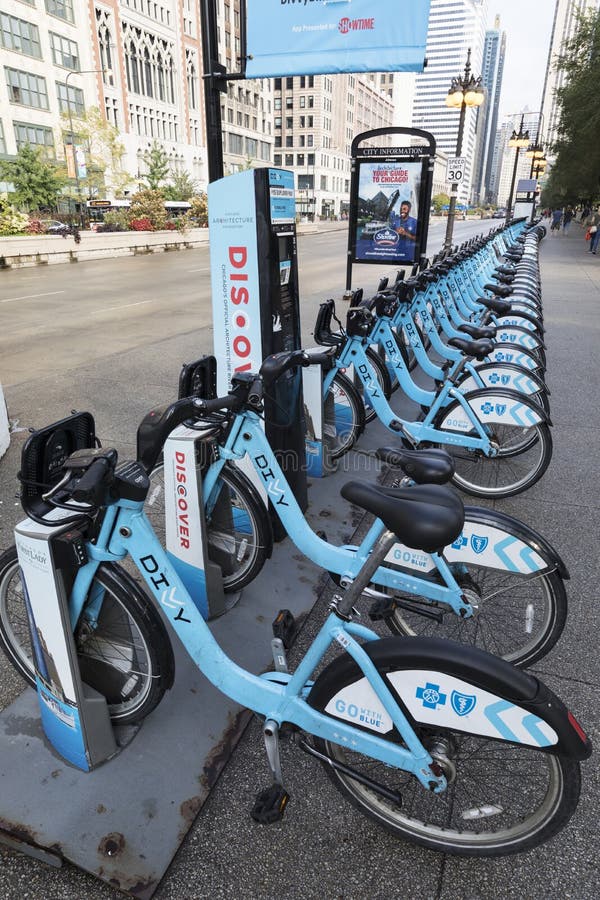
Chicago will, additionally, no longer have an obligation to share in operating losses. The financial terms of the contract are being restructured to increase annual guaranteed revenues for Chicago and reduce its financial risk. Divvy remains the exclusive bike share system allowed in Chicago for the duration of their nine-year contract. Cycle Savvy Chicago's Divvy bike-share program isn't new, but it's added handy new pass options that make it much more user friendly, including a 15 day. Lyft will be accountable for meeting service quality standards. “We’re committed to working closely with communities across Chicago to build on the success of Divvy and ensure its growth as a public transportation solution that is convenient, equitable and affordable.”ĭespite Lyft’s investment, the city will maintain ownership of the current capital equipment and authority over major fare pricing changes, along with any new fare products or promotions.

“We are thrilled to partner with the City and deliver bike share to every ward and every neighborhood of Chicago,” Lyft Chief Policy Officer Anthony Foxx said. As part of the development, Lyft will also begin offering a job training program for youth and ex-offenders, expand the program for low-income customers and begin a new accessibility program for those with disabilities. The expansion should expand Divvy to all 50 of the city’s wards by 2021 and add 10,500 bikes and 175 stations in the process. “While the Divvy program has expanded substantially since its launch in 2013 and helped make Chicago the best bike city in America, the City Council has seized the opportunity to create a modernized system that creates increasing annual revenues for the city while ensuring all 50 wards have access to bike sharing.” “My administration has made it a priority to create a variety of high-quality, reliable transportation options to get Chicagoans and visitors where they want to go,” Emanuel said.

The Chicago City Council approved a proposal from Mayor Rahm Emanuel and the Chicago Department of Transportation (CDOT) to amend the existing contract with Divvy and allow for the changes.

They also have pledged to provide the city with another $77 million in direct revenue for transportation improvements over nine years. Those funds will be put toward new bikes, stations, and hardware. The investment will notably come from Lyft, which owns Divvy operator Motivate International Inc. Chicago will expand its Divvy bike sharing system this year, creating more than 200 jobs in the process, thanks to a $50 million investment approved by the city council.


 0 kommentar(er)
0 kommentar(er)
